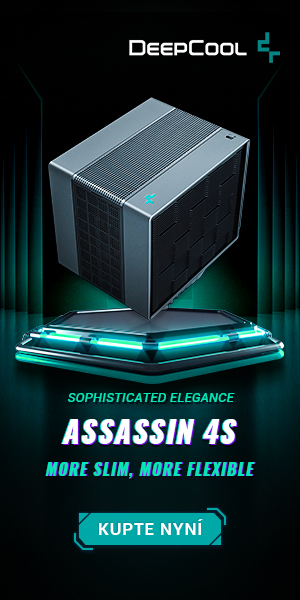Rendering and Geekbench
Lenovo Legion is no longer a start-up brand, quite the contrary. In recent years, it has gained a strong position among gaming brands such as Asus, MSI and Gigabyte. This is mainly due to gaming tournaments, where we see Legion quite often, but especially on the gaming laptop market. The new flagship Legion 7i must not only resume where its great predecessor left off, but also beat strong competition.
Rendering, Geekbench
The tested Legion 7i configuration is equipped with an 8-core i7-10875H, which debuts in our tests. It can be expected to give better results than the 6-core i7-10750H in Omen 15 or Zephyrus M15. At the same time, it will probably be a bit slower than the fastest i9-10980HK in the GS66. In practice, however, cooling and temperatures also play a role, which were not exactly the strengths of MSI. We’ll see how this factor weighs.
Let’s start traditionally with Cinebench R15 for a first look at the raw performance of the processor. Single-core results show a slight 2% lead of MSI over Legion, which is 4 and 7% faster than OMEN and Asus. In multi-core, the GS66 is again slightly higher, namely by 4%, but the higher number of cores and threads in the Legion means a 20 and 23% lead over OMEN and Asus. The newer R20 shows even similar results, i.e. a 4% lead of the GS66 over the Legion in single-core. It is again faster than OMEN and Asus, this time by 4%. In multi-core, for the first time, the Legion is also 2% faster than MSI, while OMEN and Asus are beaten by 20%.
The practical tests of Blender and POV-Ray will be affected by the capabilities of the cooling system, so it can be expected that Legion could reach a slightly better result than the competition. This was more or less confirmed in Blender, when the Legion defeated MSI by 4%, and OMEN with Asus by as much as 26 and 31%. In POV-Ray, there is only a 2% difference between MSI and Legion in favor of GS66, while OMEN and Asus again lag behind by 19 and 23%.
Single-core results in Geekbench 3–5 are similar as Cinebench and thus a -3/-3/-3% loss against the GS66, a 3/5/4% lead over the Omen and 9/10/8 over the M15. Multi-core is again -5/-7/-6% compared to the GS66, 24/18/16% over OMEN and 29/25/23 lead over the M15. These are very similar results to the previous tests. The result is a slight loss in SC against the GS66 with a processor with higher clock and, conversely, a slight lead over the two laptops with a weaker i7. A similar result is also in MC, where the Legion lags a bit more behind MSI, but the difference compared to the competition with i7 increases due to more cores and threads to about 20%. GPU Compute tests show a stable 3% lead over the OMEN and at first a slight 3–4% loss against both MSI and Asus, which increased to 10–13% in the latest version of the test.
- Contents
- Specs and details
- Testing methodology
- Display tests
- Rendering and Geekbench
- 3D/PCMark and Unigine Heaven/Superposition
- Gaming tests – dedicated GPU
- Encryption, encoding
- Memory and storage tests
- Temperatures and battery life
- Blender – test of CPU, CUDA and Optix
- Performance modes
- Utility app
- Rating









do not buy this laptop is given, even the hinges of the screen and lenovo does not give warranty. They do not have the solution